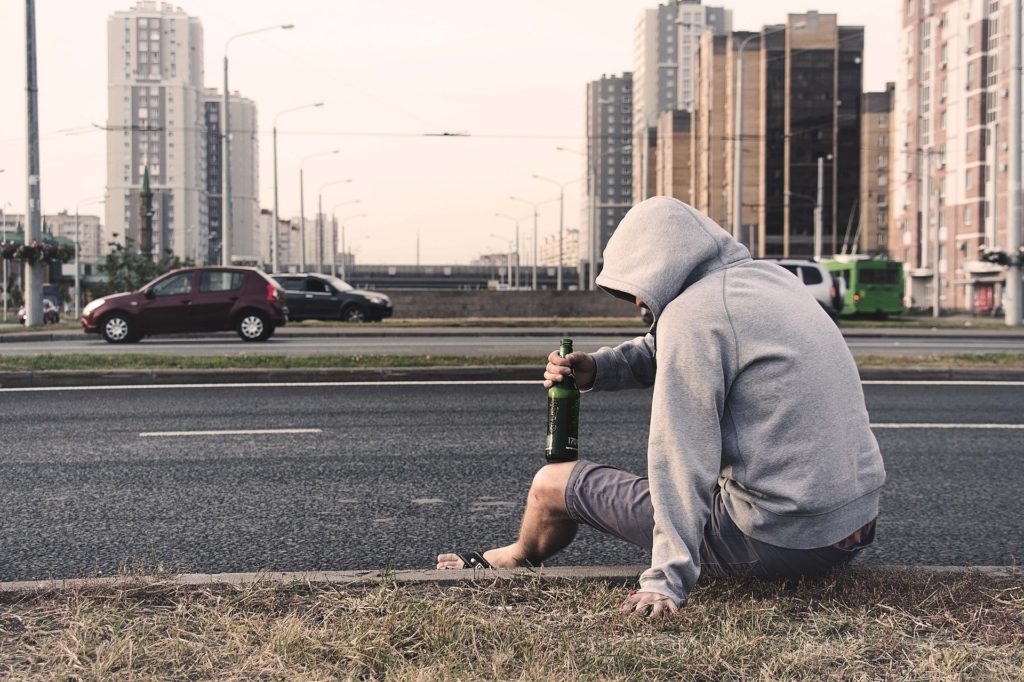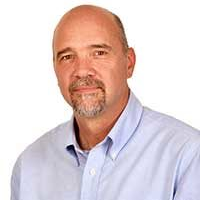
Families & Addiction – Part 4: The Family Recovery Journey – Part 1
This is Charlie’s family system, and it shows the struggles that they are all facing because of Charlie’s battle with addiction.
For Charlie’s family, the addict begins to exhibit behaviors, and that is when the family system starts to change. When there are noticeable changes in the behaviors of one person, it elicits family reactions.
Charlie, who wants to quit drinking, struggles with it and is using alcohol as a means to manage his PTSD symptoms.
His dad, Henry, who is carrying his own baggage, reacts angrily. This impacts his mom and, therefore, she responds not only to Charlie’s alcoholism but her husband’s anger as well.
Charlie’s brother is belligerent and judgmental.
Charlie’s children are managing in their own way to cope.
Eventually, these reactions and behaviors turn into patterns.
Henry doesn’t just get angry once; he becomes perpetually angry. This holds true for all family members.
Eventually, these patterns turn into a family system, which is the adaptation of each of the members to the addict and his behaviors.
As everyone adapts to the addict, everyone adjusts to the reality that Charlie drinks too much, that he is addicted to this substance, and that he is going to stop anytime soon.
This is a family system created around addiction.
Everyone in the family has a role to play in this situation and, as such, recovery requires every person to be involved.
Individual & Family Challenges in Recovery
 Let’s look at the process of recovery for not only the addict but the entire family system.
Let’s look at the process of recovery for not only the addict but the entire family system.
The first thing that needs to happen is for Charlie to decide, “I am so tired of this, I can’t do this on my own, I need help” and to go in for treatment.
Charlie’s situation was so profound that he decided he needed residential treatment and went into a program that dealt with not just his substance abuse but his struggles with post-traumatic stress. This would allow him to address both of these issues at the same time.
Charlie’s Treatment
While he was in treatment, Charlie began to learn about how alcohol and addiction happens.
He gained an education about the impact of alcohol on his brain, about the genetic component that it involved, and about how he had reached a point where he realized he did not have control. Fortunately, he was able to let go of some of the guilt and shame about that.
He began to focus not on the regret of letting go of his alcoholism but on the desire to never allow his alcoholism to impact his family in the way that it did.
He begins to understand how he used alcohol to avoid the distress of his traumatic memories and learn new skills in addressing the PTSD issues without having to resort to alcohol in order to cope.
He develops new ways to cope. He develops distress tolerance tools. He develops a way to manage impulses when he has urges to drink because they began to come up about three weeks into his treatment.
He began to have dreams that he was using. He had intense cravings. He smelled something while he was in treatment and it triggered an intense urge to go out and get a drink.
He begins to understand it’s not just some of the withdrawal symptoms, but it’s also the post-acute withdrawal symptoms that started to occur.
He begins to develop and grow and gain insight into himself.

He begins to understand that there was absolutely some genetic predisposition toward addiction in that he has a grandfather was an alcoholic.
He begins to gain insight into the development of the disease for him and recognizing that he is trying to cope with some traumatic experiences he had while in active-duty in the military.
He begins to develop an awareness that he can organize his behaviors not around his thoughts and feelings but around his values and his commitments. And, his values and commitments can help him cope even when he experiences triggers.
He implements all of this into his life and his motivation increases. He begins to see, “wow, what I did impacted the people around me in a pretty negative way. I don’t ever want that to happen again.
Over his time in treatment, Charlie goes into his early recovery phase.
He realized his life was unmanageable. He began to go to meetings, got a sponsor, and began going to church.
Please See
Families and Addiction – Part 1: What is a Family System?
Families and Addiction – Part 2: Charlie’s Family – Part 1
Families and Addiction – Part 3: Charlie’s Family – Part 2
Source:
Virtual Presentation by Steve Wright, LCPC, RDDP in the January 24, 2018 Addiction Hope Inaugural Online Conference & link to the press release at https://www.prnewswire.com/news-releases/eating-disorder-hope-offers-inaugural-online-conference-300550890.html
 About the Presenter:
About the Presenter:
Steve Wright, LCPC, RDDP is a therapist at Timberline Knolls Residential Treatment Center. He served for more than 25 years as a minister working in churches with youth, families, and as a senior pastor. As a counselor, he worked in residential treatment as a therapist supervisor, coordinator, and program director first in the substance use field and then in the eating disorder field.
 About the Transcript Editor: Margot Rittenhouse is a therapist who is passionate about providing mental health support to all in need and has worked with clients with substance abuse issues, eating disorders, domestic violence victims, and offenders, and severely mentally ill youth.
About the Transcript Editor: Margot Rittenhouse is a therapist who is passionate about providing mental health support to all in need and has worked with clients with substance abuse issues, eating disorders, domestic violence victims, and offenders, and severely mentally ill youth.
As a freelance writer for Eating Disorder and Addiction Hope and a mentor with MentorConnect, Margot is a passionate eating disorder advocate, committed to de-stigmatizing these illnesses while showing support for those struggling through mentoring, writing, and volunteering. Margot has a Master’s of Science in Clinical Mental Health Counseling from Johns Hopkins University.
The opinions and views of our guest contributors are shared to provide a broad perspective of addictions. These are not necessarily the views of Addiction Hope, but an effort to offer discussion of various issues by different concerned individuals.
We at Addiction Hope understand that addictions result from a combination of environmental and genetic factors. If you or a loved one are suffering from an addiction, please know that there is hope for you, and seek immediate professional help.
Published on June 27, 2018.
Reviewed on June 26, 2018 by Jacquelyn Ekern, MS, LPC
Published on AddictionHope.com
